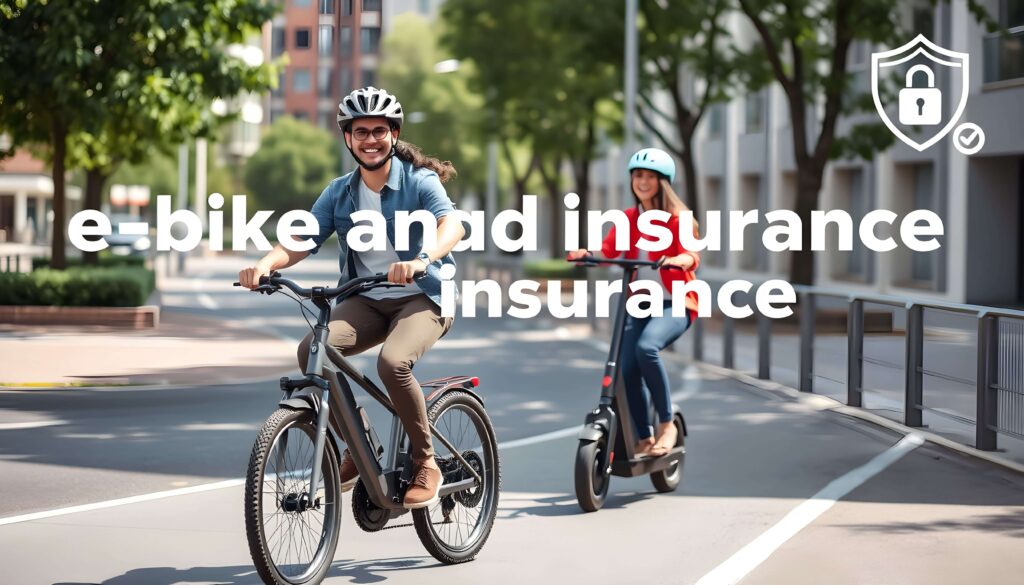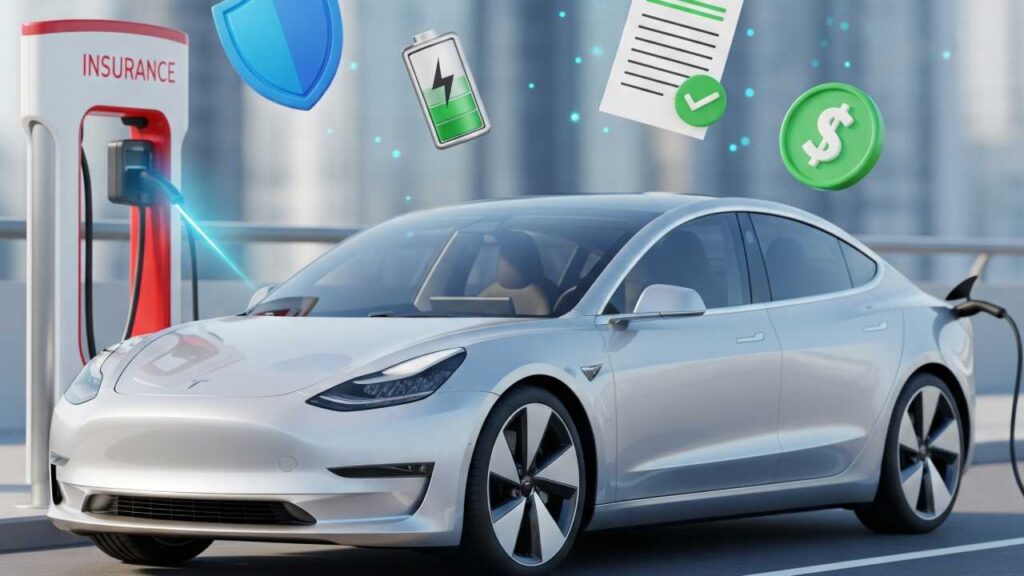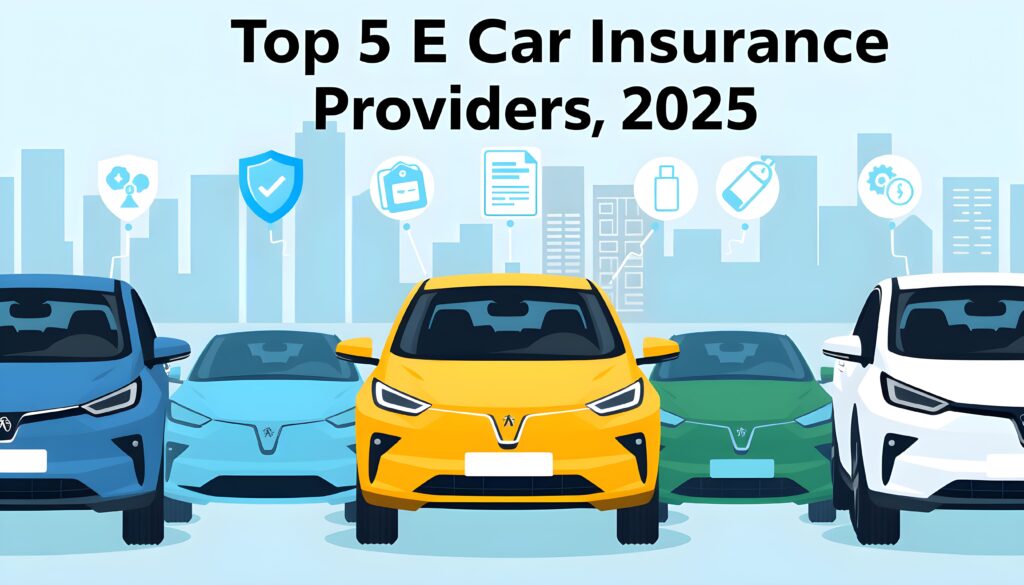
With the growing popularity of electric bikes and scooters across the U.S., riders are now facing an important question: do you need insurance for e-bikes and scooters? While these eco-friendly alternatives offer convenience and affordability, they also come with risks that raise concerns about liability, theft, and accidents. In this article, we’ll explore whether e-bike insurance and scooter insurance are necessary, what coverage options exist, and what every rider should know to protect themselves legally and financially.
Why Insurance Matters for E-Bikes and Electric Scooters
Electric bikes and scooters fall into a gray area between bicycles and motor vehicles. Although they offer mobility and sustainability, they can cause damage, injury, or be involved in accidents. That’s why understanding electric bike insurance and insurance for electric scooters is essential for safe and responsible riding.
Key Considerations
- E-bikes and scooters can reach high speeds, increasing accident risks.
- Theft rates are high in urban areas due to lightweight design and high resale value.
- Riders may be held personally liable for damage to people or property.
What Is E-Bike Insurance?
E-bike insurance is a policy designed to cover electric bikes in case of theft, damage, or liability. While some homeowners or renters insurance may offer partial protection, it’s often limited.
What Does E-Bike Insurance Cover?
- Theft protection (especially in cities with high crime rates)
- Accident coverage for collisions involving injuries or damage
- Personal liability insurance e-bike in case you injure someone or damage property
- Medical coverage for rider injuries
- Roadside assistance in certain policies
What About Electric Scooter Insurance?
Just like e-bikes, electric scooters can also be insured. Scooter insurance usually focuses on liability, theft, and damage.
Common Coverage Options
- Electric scooter liability coverage
- Scooter theft insurance
- Uninsured motorist coverage if you’re hit by someone without insurance
- Legal coverage in case of lawsuits or property damage
Is E-Bike or Scooter Insurance Mandatory?
U.S. Regulations Vary by State
There is no federal law requiring e-bike insurance or scooter insurance, but some states and cities have local regulations.
| State | E-Bike Insurance Requirement | Scooter Insurance Requirement |
|---|---|---|
| California | Not mandatory but recommended | Not mandatory |
| New York | Optional | Optional |
| Florida | Optional | Required for some models |
| Texas | Not required | Optional |
Tip: Always check your state’s e-bike laws and insurance rules before riding.
The Risks of Riding Without Insurance
Riding an uninsured electric bike or scooter can lead to serious financial consequences.
Potential Risks:
- Liability for injuries or property damage
- No compensation in case of theft
- No medical expense coverage if you’re hurt
- Legal challenges in case of an accident
In short, uninsured e-bike risks can outweigh the small monthly premium you’d pay for coverage.
Real-Life Example: Why Insurance Can Save You Thousands
Imagine you’re riding your e-bike and accidentally hit a parked car. The repair cost is $2,500. Without electric bike insurance, that money comes out of your pocket. With liability coverage, your insurer pays the damages—protecting your finances and peace of mind.
How Much Does E-Bike Insurance Cost?
Most electric bike insurance policies cost between $100 and $300 per year, depending on:
- Bike value
- Location
- Rider history
- Coverage type (liability, theft, full coverage)
Cost Factors to Consider:
- High-crime areas may increase theft premiums.
- Frequent riders may want additional accident protection.
- Some insurers offer discounts for anti-theft devices or safe riding courses.
Best E-Bike Insurance Providers in the U.S.
Several companies now offer specialized coverage for electric bikes and scooters.
Top Providers:
- Velosurance – Comprehensive e-bike policies with theft and liability.
- Markel Insurance – Offers customizable plans including roadside assistance.
- Progressive – Known for bundling with auto or home insurance.
- Spoke Insurance – Focuses on micromobility vehicles.
Before choosing, compare options for:
- Coverage limits
- Deductibles
- Claims process
- Customer reviews
What Coverage Do You Actually Need?
Not every rider needs full coverage. Here’s how to decide what’s right for you:
For Casual Riders:
- Basic theft and liability may be enough.
For Daily Commuters:
- Consider adding medical, uninsured motorist, and accident coverage.
For High-End E-Bikes or Scooters:
- Full coverage including damage and theft is recommended.
Electric Scooter and E-Bike Laws You Should Know
As more cities adopt micromobility, regulations are changing quickly.
Key Legal Considerations:
- Some states classify e-bikes by speed and motor power (Class 1, 2, 3).
- Helmet laws may apply depending on age and local regulations.
- Electric scooter regulations often prohibit sidewalk riding.
Check your local transportation department for up-to-date rules.
Tips to Stay Protected Without Breaking the Bank
- Bundle insurance with home or auto to save money.
- Use U-locks or GPS trackers to deter theft.
- Take safety courses—some insurers offer discounts.
- Review policy terms annually to ensure proper coverage.
Final Thoughts: Do You Really Need E-Bike or Scooter Insurance?
The short answer is: yes, you probably do.
While e-bike insurance and scooter insurance may not be mandatory in most areas, they offer crucial protection against theft, accidents, and liability. As electric micromobility continues to grow, the legal and financial implications of riding without coverage also increase.
Whether you’re a weekend cruiser or a daily commuter, investing in the right electric scooter liability coverage or personal liability insurance e-bike can make all the difference.
We’d Love to Hear From You!
Do you already have insurance for electric scooters or bikes? Have you experienced any incidents that made you consider getting one? Share your thoughts in the comments, or spread the word by sharing this article with fellow riders!





